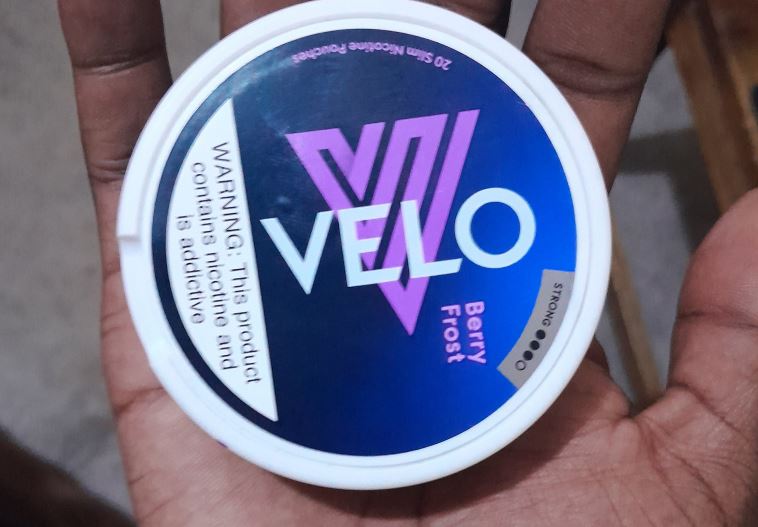 The recent investigation has uncovered that the Kenyan government eased its regulations on health warnings for nicotine pouches following British American Tobacco’s (BAT) threat to withdraw its investment from a proposed factory in Nairobi.
The recent investigation has uncovered that the Kenyan government eased its regulations on health warnings for nicotine pouches following British American Tobacco’s (BAT) threat to withdraw its investment from a proposed factory in Nairobi.
Documents shared with The Guardian and Africa Uncensored, and obtained by investigative news outlet ‘The Examination’, reveal correspondence between BAT and the Ministry of Health.
These letters show that the government conceded to BAT’s demand for smaller health warnings on Velo pouches, one of the top-selling nicotine pouch brands globally, without including information about cancer-causing agents in the products.
Kenya’s original tobacco regulations mandated that warning labels cover a third of the packaging and inform consumers about the product’s health risks. However, BAT lobbied for smaller warnings, and the Ministry of Health approved a minimal label stating: “This product contains nicotine and is addictive.”
In the UK and other countries, such products’ labels also caution that nicotine pouches are “not risk-free” and contain tobacco-specific nitrosamines (TSNAs), substances linked to cancer.
Velo pouches have gained significant popularity in Kenya, especially among the youth. This is evident from numerous TikTok and social media videos showing young Kenyans using Velo, accumulating millions of views. Studies also suggest that these pouches are being sold in schools.
The past several weeks have been particularly hard for Kenyan users, after the pouches disappeared from the market without explanation.
A leaked draft report from a Kenyan government taskforce has accused tobacco companies of targeting young people. The taskforce, concerned about nicotine addiction and the potential for nicotine pouches to be a gateway to smoking, is advocating for stricter regulations or even a complete ban.
BAT’s influence on Kenya’s health policy comes amid a global strategy by tobacco companies to promote “smoke-free” yet addictive nicotine products. Kenya, identified by BAT as a key market, is intended to be the base for the rollout of these products in southern and eastern Africa.
The long-term health impacts of nicotine pouches remain uncertain.
In 2021, BAT’s managing director wrote to Kenya’s health ministry, linking the resumption of their factory operations to the approval of smaller health warnings on Lyft (earlier name for Velo) packets.
The Ministry eventually allowed warnings on just 15% of the front of the pack.
A spokesperson for BAT stated that the product’s labelling provides important safety information and is aimed exclusively at adults, emphasizing that underage use is prohibited.
Velo pouches, comprising nicotine, flavoring, and plant fibers, are used between the lip and gum. Available in various flavors, they are priced accessibly in Kenya. Velo remains the only legally sold nicotine pouch in Kenya, with other brands being smuggled into the country.
BAT launched these pouches in Kenya in 2019 under the Lyft brand, initially licensed for sale only in drug stores. However, BAT and its vendors also sold them online and in shops, promoting them via social media influencers and university events. Their popularity surged among young people, including children.
Following regulatory concerns, BAT temporarily halted Lyft sales. In January 2021, the health ministry announced that the pouches would fall under existing tobacco regulations requiring larger health warnings.
This led to intense lobbying by BAT.
The turning point came when BAT threatened to halt its investment in a new Sh2.5 billion Nairobi factory if smaller health warnings were not approved. The health ministry subsequently allowed reduced-size warnings without mentioning cancer-causing toxicants.
Velo re-entered the market in June 2022 with these revised warnings. BAT has since requested an indefinite exemption from standard health warning requirements.








